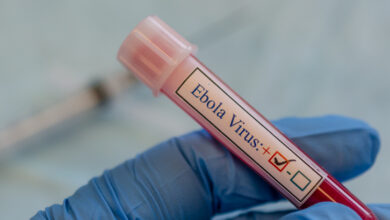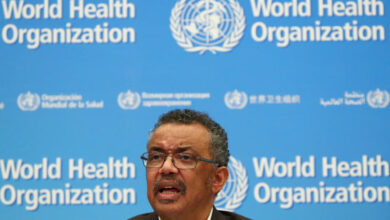Uganda
Ugandan Government Announces Lifting Of Lockdown Ebola Epicenter Districts

The Ugandan government on Saturday announced lifting of a two-month long lockdown on two districts at the epicenter of the country’s Ebola epidemic, reported The All Africa.
The East African nation declared an Ebola outbreak Sept. 20. President Yoweri Museveni had placed a lockdown on two central districts, Mubende and Kassanda, on Oct. 15. The health authorities have so far registered 142 confirmed cases and 56 deaths. The latest outbreak has been caused by the Sudan strain of the virus.
On Saturday, Vice President Jessica Alupo announced that the government was lifting all movement restrictions and curfew in Mubende and Kassanda districts with immediate effect.
The two districts were placed under a dusk-to-dawn curfew, with markets, bars and churches closed as well as personal travel banned.
The Ugandan vice president said the decision to lift the lockdown was taken after the health authorities announced last month that new cases were falling. The last confirmed Ebola patient was discharged from hospital Nov. 30.
Alupa, however, warned that the authorities will remain on high alert for any resurgence in cases.
According to the World Health Organization (WHO), an outbreak of the disease ends when there are no new cases for 42 consecutive days, twice the incubation period of Ebola.
Ebola spreads through bodily fluids. Fever, diarrhoea, vomiting, and bleeding are some of the symptoms of Ebola. It is very difficult to control an outbreak, especially in urban environments.
Earlier this month, the first shipment of trial vaccines against the Sudan strain were received by the Ugandan government, with more doses expected to arrive in the coming weeks. The vaccines will be used in a so-called ring vaccination trial, in which all contacts of confirmed Ebola patients, and contacts of contacts, are given vaccines along with frontline and health workers.
The absence of active Ebola cases in recent days has held up the vaccine trials, according to international health experts working in Uganda.






